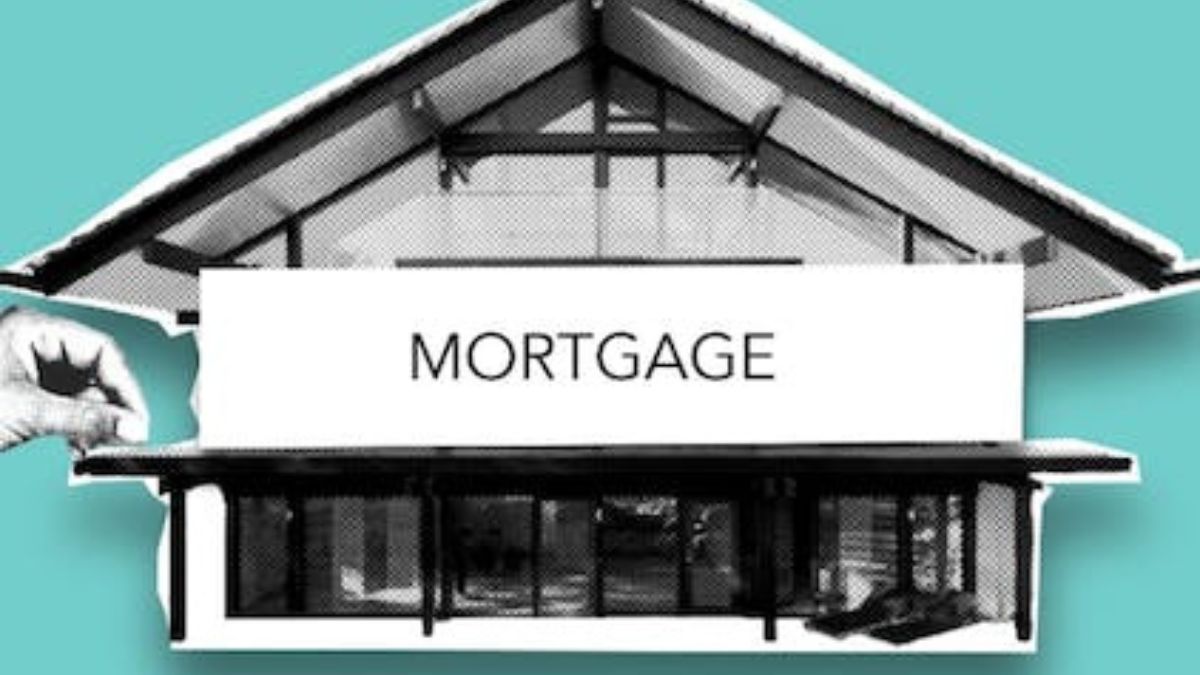For many people, purchasing a home is the single largest investment they will ever make, making the housing market an integral aspect of the economy. However, mortgage rates are just one of many economic variables that can affect the housing market. What drives mortgage rates, and why it matters to you as a homebuyer or homeowner, are all topics we’ll delve into below.
What Are Mortgage Rates?
Mortgage rates are the annual percentage rates (APRs) that lenders charge for house loans. Loan types, credit histories, and income levels all play a role in determining interest rates. Inflation, economic development, and monetary policy are all factors that might affect mortgage rates.
How Do Mortgage Rates Impact the Housing Market?
Mortgage rates are the annual percentage rates (APRs) that lenders charge for house loans. Loan types, credit histories, and income levels all play a role in determining interest rates. Inflation, economic development, and monetary policy are all factors that might affect mortgage rates.
What Factors Influence Mortgage Rates?
Mortgage interest rates are affected by a number of variables.
- Inflation: Lenders may raise mortgage rates during periods of strong inflation to offset the dollar’s diminished purchasing power.
- Economic growth: Lenders may raise mortgage rates to meet the higher demand for credit during economic expansion.
- Monetary policy: Banks’ lending rates to one another are affected by the federal funds rate, which is determined by the Federal Reserve. Mortgage rates are sensitive to shifts in the federal funds rate.
- Housing market conditions: Mortgage interest rates can go up when demand is high and down when supply is low.
- The borrower’s credit score and financial profile: Mortgage rates may be reduced for borrowers with better credit and stable income.
What You Need to Know as a Homebuyer or Homeowner
It is crucial to monitor mortgage rates if you are in the market for a new home. It’s possible to get more housing for your money if you buy when interest rates are low. If rates are high, on the other hand, you might want to postpone your house purchase or look into an adjustable-rate mortgage.
Homeowners who refinance their mortgages while interest rates are low can potentially lower their monthly payments. If you refinance your mortgage, you may be able to cut your monthly payment, shorten the term of your loan, or save money on interest.
How to Monitor Mortgage Rates?
There are a number of tools you may use to keep up with mortgage rates if you’re interested in doing so. You can research mortgage rates on the web, utilize a mortgage calculator to determine what your monthly payments might be, or consult a mortgage broker.
Mortgage rates can fluctuate many times a day, so it’s crucial to keep a close eye on them and be ready to move swiftly if they drop dramatically.
What to Consider When Choosing a Mortgage
More than only the interest rate should be taken into account when selecting a mortgage. The loan duration, or the period of time you have to make your payments, and the needed down payment are two examples. You should also think about whether you want a fixed-rate mortgage, with a steady interest rate over the life of the loan, or an adjustable-rate mortgage, with potentially lower rates initially but higher rates later on.
The total cost of the loan, including the total amount of interest you’ll pay throughout the life of the loan, is an important factor to consider in addition to the monthly payment and the down payment.
The Future of Mortgage Rates
Mortgage rates are notoriously difficult to forecast, but many industry watchers believe they will remain historically low for the foreseeable future as a result of the Federal Reserve’s commitment to maintaining interest rates low to support economic growth.
However, keep in mind that the housing market is affected by a wide range of macroeconomic variables, such as inflation, economic growth, and monetary policy. Therefore, it is crucial to monitor rate changes and be ready to act swiftly if necessary.
Conclusion
In conclusion, mortgage rates are an essential consideration for any house purchase or ownership. You can make smart choices about your home financing needs if you have a firm grasp of how mortgage rates are calculated and what factors affect them.
Mortgage rates are important because they affect how much house you can purchase, how much your monthly payments will be, and how much your loan will cost in the long run. You may better manage your housing expenses and realize your dream of homeownership by learning about mortgages, keeping tabs on interest rates, and weighing a variety of criteria when selecting a mortgage.











